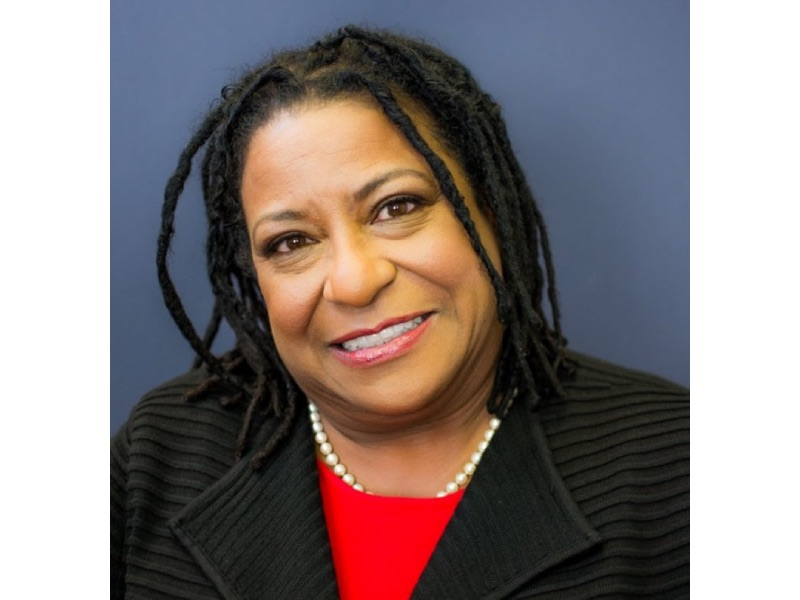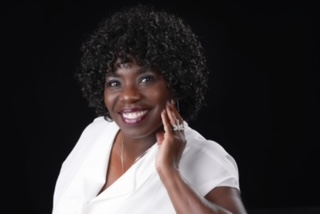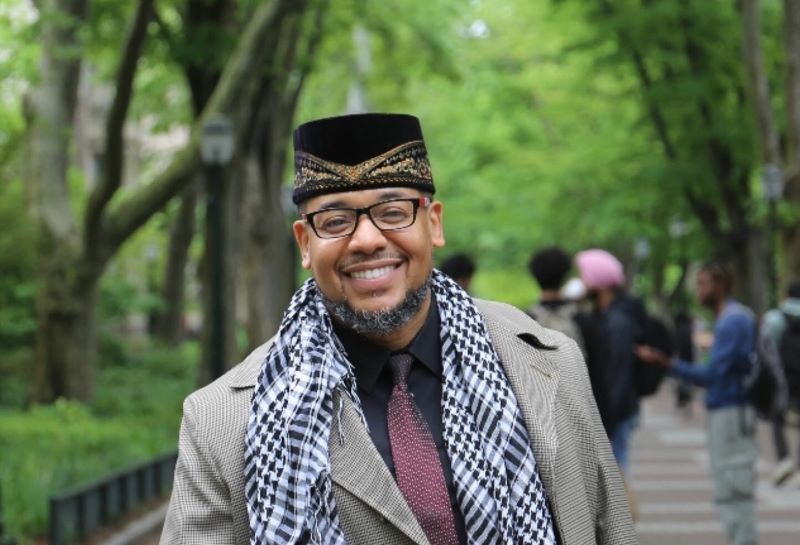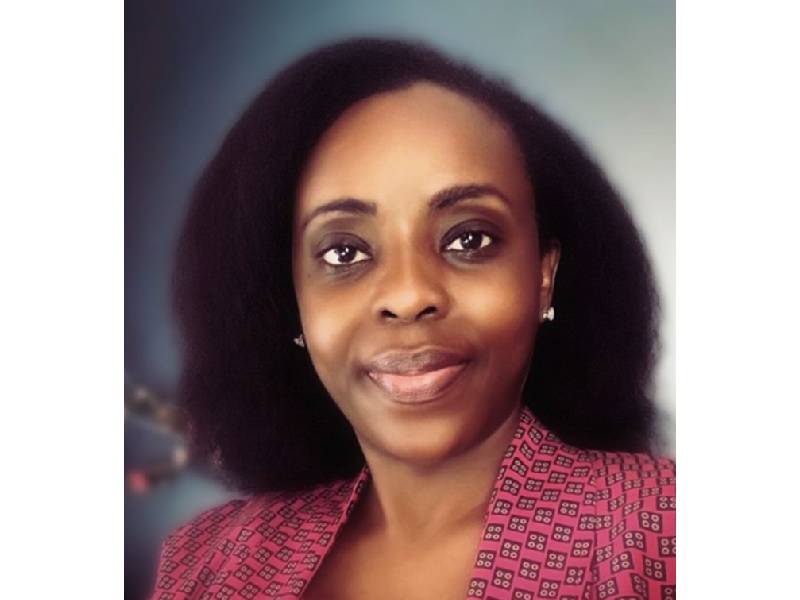
As the Executive Director of the Office of Engagement for Women, Jovida Hill focuses on addressing issues facing women in Philadelphia. She leads the Philadelphia Commission for Women, which promotes civic, educational and economic policies that enhance the lives of girls and women. Hill previously served as an administrator in Mayor Jim Kenney’s Office of Diversity & Inclusion.
The Philadelphia native has an extensive background in journalism, having worked as the Art and Entertainment Editor for The Philadelphia Tribunes and WDAS AM/FM radio, a columnist for the Philadelphia Daily News and as an Associate Producer for the PBS public affairs television program Black Perspective on the News.
Hill was an award-winning writer and producer of more than 200 films and videos for Kinocraft Media for 25 years. She has produced the civil rights series
“In the Land of Jim Crow,” which documents firsthand accounts of the African American struggle for justice and equality. Hill has served as chair of the Philadelphia Black Women’s Health Project and Scenic Philadelphia and was a founding member of the African Sisterhood and the Woman Gather Conference.
She currently serves on the boards of the Logan Square Neighborhood Association and Black Women’s Health Alliance.
What is a defining moment in your career and life?
Having been an established journalist and non-profit development director, becoming a filmmaker was a total reinvention. That change became an opportunity to recapture the feeling of a 20-year-old when you believe everything is possible. It was absolutely exhilarating.
What challenges have you faced as a woman of color in your field and how did you overcome them?
The challenge is always having to prove that you belong and can excel in the spaces you occupy. Being good at what you do and being authentic, makes occupying those spaces so much easier.
What woman inspires you and why?
I recently attended the Inaugural Sadie Tanner Mossell Alexander Conference for Economics and Related Fields. Over 100 young Black women who were either undergrads, grad students or seasoned professionals gathered to advance the study of economics in honor of Sadie T. M. Alexander, a prominent African American civil rights/human rights attorney.
Alexander was the first African American woman in the United States to receive a Ph.D. in economics. When a career in economics was looking dismal, Alexander went back to the University of Pennsylvania and became the first woman to receive a law degree from Penn. She was also the first African American woman to practice law in Pennsylvania. A school in West Philadelphia is named for Alexander. And there is talk of City Council passing a resolution to erect a Sadie T. M. Alexander statue.
The achievements of Alexander inspire me and so do the young women who filled the room for the Sadie T.M. Alexander Conference. Our future is in good hands with these dynamic, brilliant young women. Every day I look up on my office wall and Shirley Chisholm is staring back at me from her 1972 campaign for president. Her poster’s theme was “Unbought and Unbossed.” It reminds me of the 26th amendment that granted 18-year-olds the right to vote.
I couldn’t cast a vote for Chisholm in the primary, but that fall, I was able to cast my vote. I haven’t missed an election since. I also am inspired by 19th century African American feminist Anna Julia Cooper whose words epitomize feminism from a black perspective…“only the black woman can decide when and where I enter…. And the whole race enters with me.”
I am also inspired by writer Chimamanda Ngozi Adiche whose books have included “A Feminist Manifesto in 15 Suggestions” and “Americanah.” I give copies of her TED Talk “We Should All Be Feminists” to members of the commission and to interns.
What is your advice to the younger generation of women coming after you?
Follow your passion. If you are passionate about your work, you will be good at it and it will seem less like work and more like joy.
What does being a part of the African Diaspora mean to you?
Being part of the African Diaspora makes me a citizen of the world.




